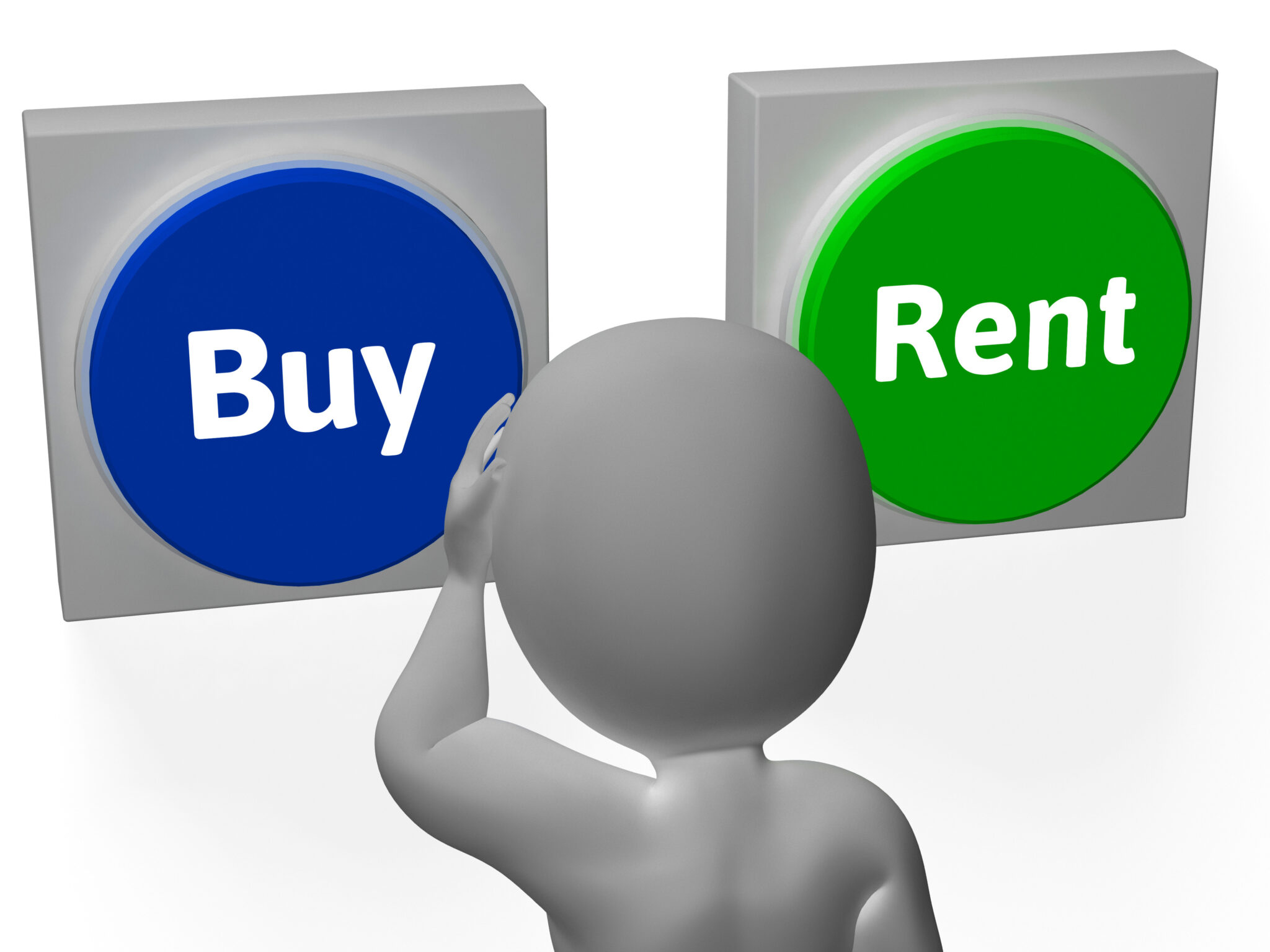
Renting vs. Buying a Home – Which is right for me?
Clients often ask us whether they should rent or buy their home, however, it is not a black-and-white answer and depends on everyone’s circumstances. Here are a few pros and cons to consider when deciding between renting or buying a home.
Buying a home
Pro – You can build equity Real estate can be an investment that appreciates over time while renting is often seen as an expense without any kind of return.
Pro – There are tax benefits Homeownership can offer tax benefits like deductions on mortgage interest and property taxes. Furthermore, if you have a home office – there are also potential deductions you can take if you meet the criteria. These are subject to certain limits but are advantageous when taxes are due
Con – Higher ongoing costs Owning a home requires higher ongoing costs than renting, such as home insurance, property taxes, maintenance, and repairs. If the fridge stops working or your roof needs to be replaced those expenses can add up quickly and it is wise to consider if you can cover the additional costs that come with being a homeowner.
Con – More upfront costs When you are renting you may have to put up a security deposit and/or 1-2 month’s worth of rent. However, when you purchase a home, the upfront costs can be substantial. Not only is there a down payment but there are also fees for closing costs, inspections, appraisals, and other costs you may be responsible for covering. Be sure to work with a realtor who can inform you of the full amount of money you will need to purchase your new home.
Renting a Home
Pro – Flexibility – If you need to move for work or are unsure if you want to stay in the area – it is much easier to move if you are renting. There are no worries about having to sell a house if you need to move for work or want to move closer to your family.
Pro – If something breaks, you’re off the hook (normally) – Most of the ongoing maintenance costs for renters are taken care of by the landlord. If the air conditioning stops working, you may be hot for a few days but you won’t have to fork up $5k for a new HVAC unit.
Con – You have less control Your landlord can decide to raise your rent, sell the property, or choose to not renew the lease. These are worth considering if you want to stay in an area for longer than a year (or the term of the lease).
Ultimately, your specific financial situation, lifestyle preferences, and long-term goals all play a significant role in the decision between renting or buying a home.
Join us next Tuesday, August 15th at 4:30PT/7:30ET at our Chalk Talk to discuss this topic in more depth with Tori Young of Exit Realty.


